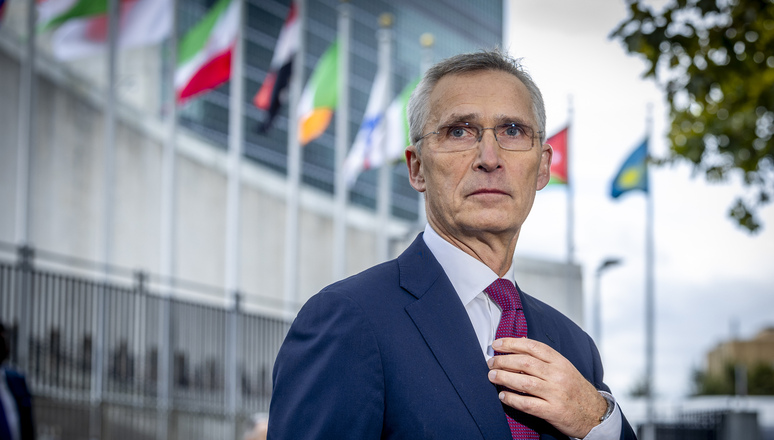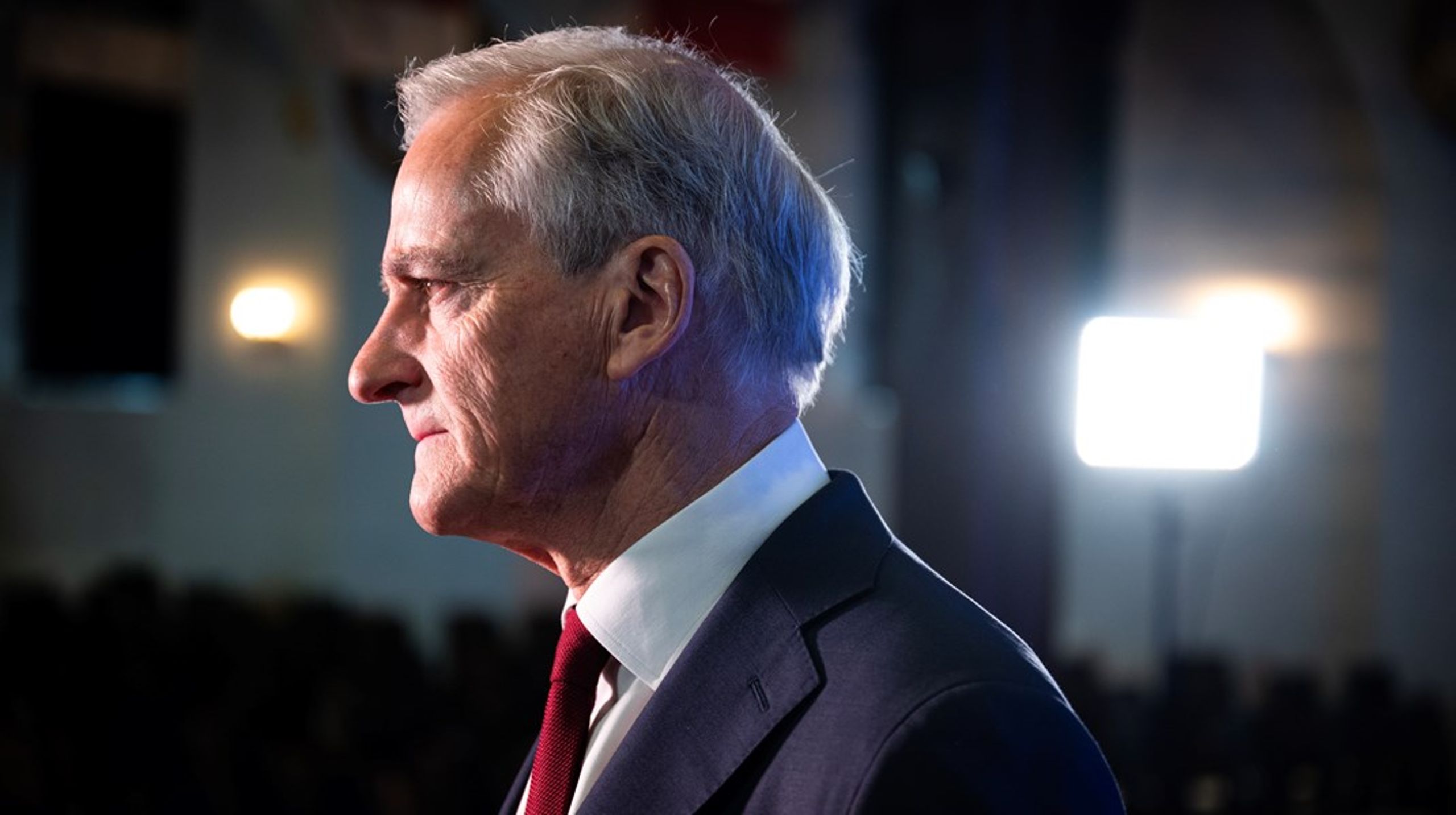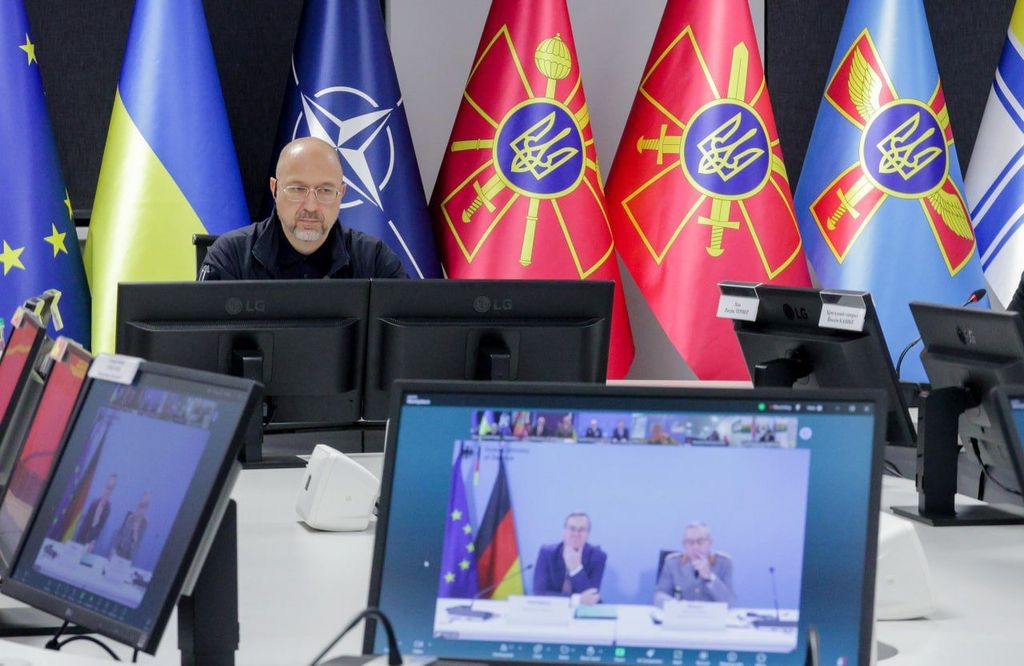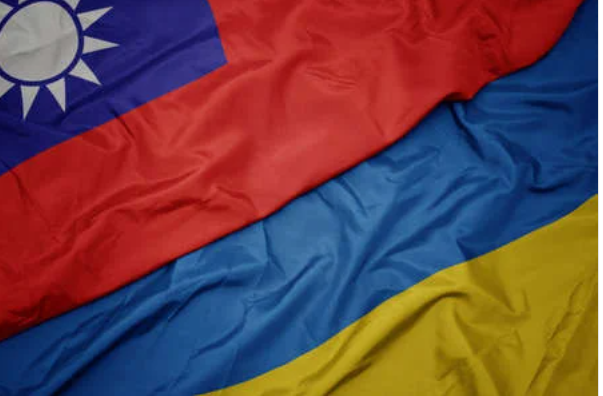Norway will not use funds from its sovereign wealth fund, the largest in the world, to guarantee the European Union’s transfer of frozen Russian currency reserves worth €140 billion to Ukraine. However, it is willing to participate in the operation, said Norwegian Finance Minister Jens Stoltenberg.
“There were proposals that Norway should guarantee the entire amount. That is not relevant. But we can contribute, depending on what the EU proposes,” Stoltenberg told Norwegian broadcaster NRK on his way to a European Commission meeting in Brussels.
He emphasized that Oslo is not refusing to assist Kyiv.
“Now, depending on the EU’s proposals, we will have to decide whether we can make a contribution. We will provide significant support to Ukraine, but we cannot determine whether it will come directly from Norway as financial aid or through an EU loan program until we know the EU’s plan,” Stoltenberg added. Stoltenberg served as NATO Secretary General from 2014 to 2024.
Norway’s sovereign wealth fund, financed by oil and gas revenues, exceeds $2 trillion. Its income has grown sharply since the start of the war in Ukraine due to rising energy prices and increased exports to the EU, which has largely stopped purchasing oil and gas from Russia. Some Norwegian politicians and economists have suggested that the country could use more of these funds to support Ukraine.
When the European Commission developed a plan to transfer €140 billion from Russia’s Central Bank account held at Euroclear to Kyiv, Norwegian economists Howard Halland and Knut Anton Mork proposed at the end of October that Norway could guarantee these funds using the sovereign wealth fund.
According to their estimates, Norway earned an additional 1.27 trillion kroner (€108 billion) from 2022 to 2024, but allocated only 275 billion kroner (€23 billion) to aid Ukraine through 2030.
Belgium, home to Euroclear, is insisting on a guarantee for the reparations loan, fearing that Russia might file claims or that Moscow supporters in the EU, such as Hungary, could block sanctions extensions. In such a case, Euroclear would have to immediately return the reserves.
However, not all EU countries are willing to provide guarantees, especially since these would count toward their debt obligations. Under the rules of Norway’s fund, the government can spend only the annual real income from investments, on average about 3% of assets, which is currently around €52 billion. Fund revenues typically make up about 20% of Norway’s national budget.





















